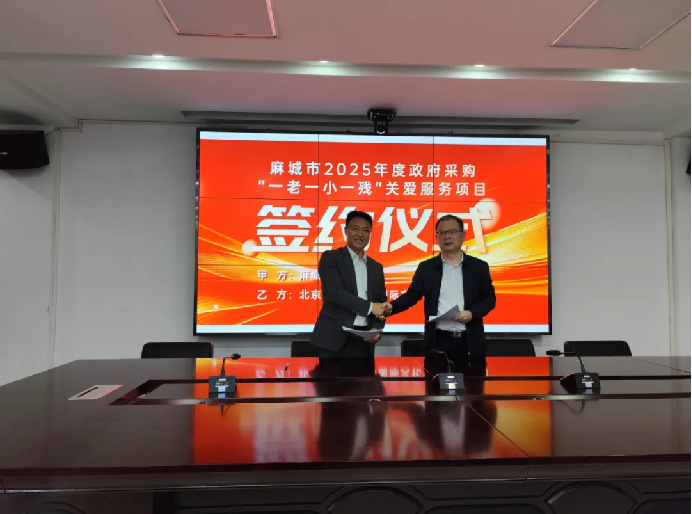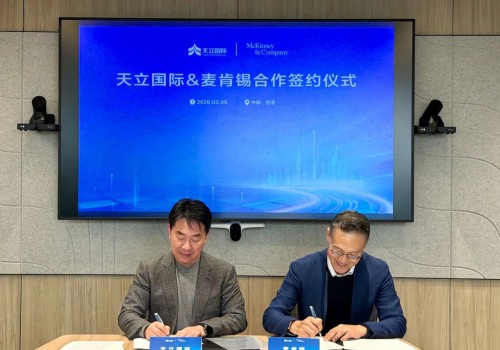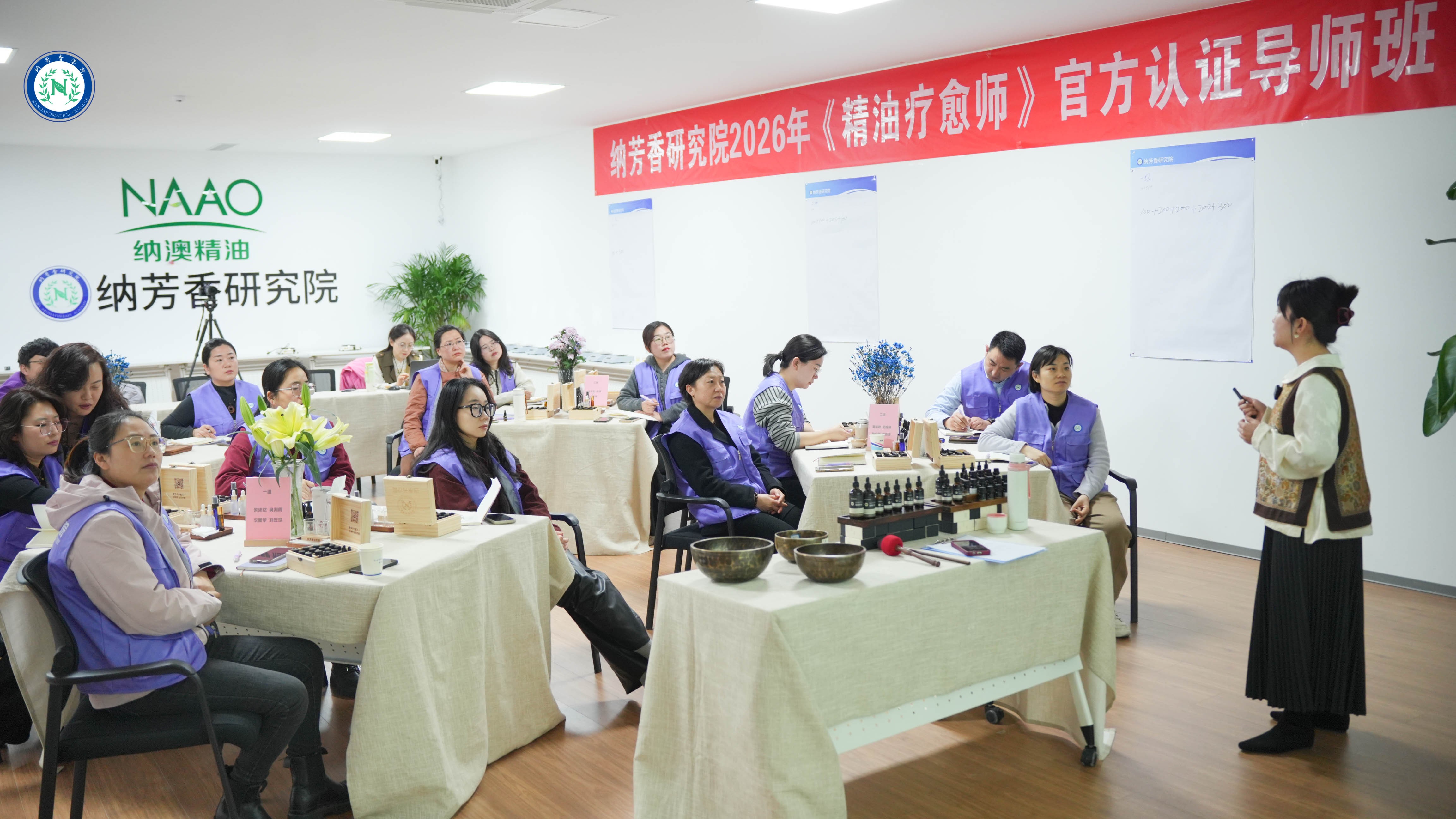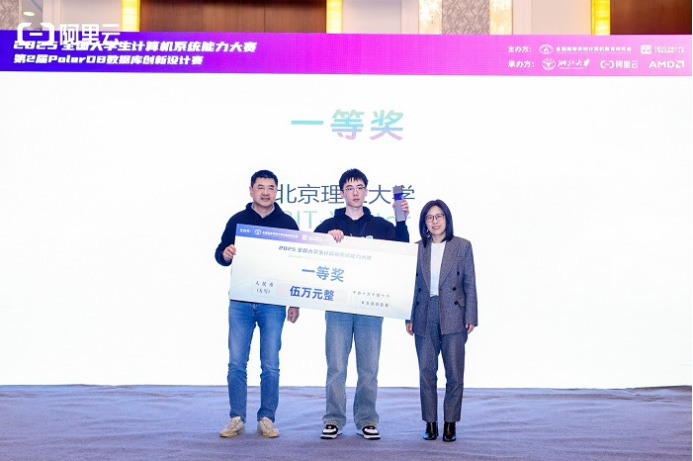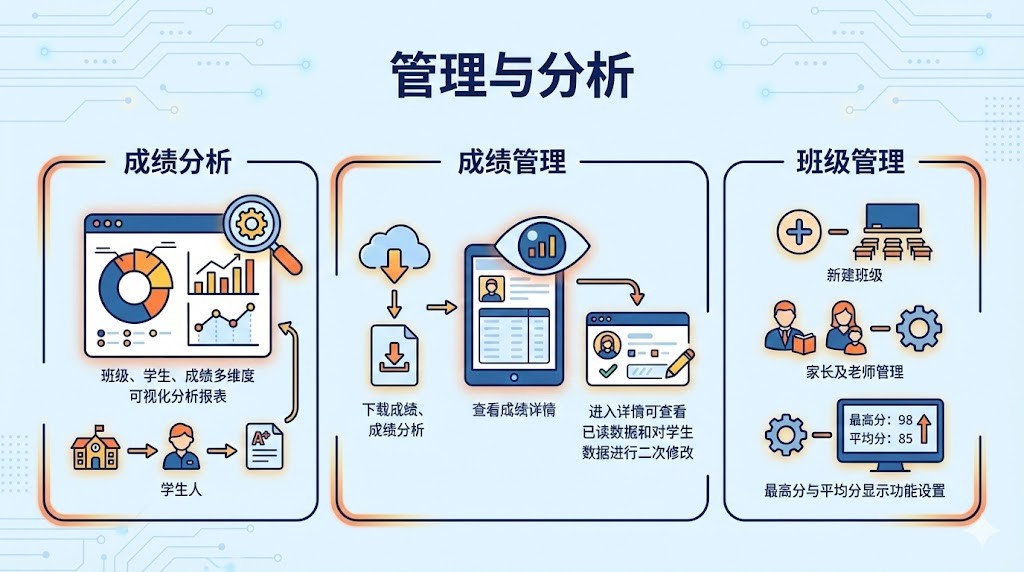Zhang Shuai fought her way into the quarterfinals of the Australian Open on January 25, becoming the third Chinese to do so following heavyweights Li Na and Zheng Jie. Although she lost to Britains Johanna Konta two days later, her performance in Melbourne made history.
Before this years Australian Open, Zhang ranked 133rd worldwide in singles, having lost all 14 of her previous first-round matches in Grand Slam events. She had even thought of quitting the sport, an idea that she has shrugged off.
Zhang, 27, hails from the northern port city of Tianjin and started playing tennis at age 6. She first came to prominence in 2009 when she became the lowest-ranked player to defeat a reigning world number one—Dinara Safina—at the China Open in Beijing.
Lack of Education Hampers Poverty Reduction
Economic Daily January 21
In order to realize the goal of lifting all of its rural population out of poverty by 2020, many localities in China have stepped up poverty alleviation efforts. However, in some remote mountainous areas in west China, the low education level of the locals has seriously impeded poverty reduction.
Some of these people are unwilling to relocate for fear of being unable to adapt to a new living environment; some refuse to make a living through their own efforts but would rather depend on relief to sustain a low-cost and low-quality life; others would rather stick to unprofitable traditional industries. These mentalities have become obstacles for poverty relief.
Moreover, its hard for rural people with little education to master new skills. Currently, many places are modernizing agricultural production. In the past, farmers without much education can rely on past experience to tend to the farms. However, modern agriculture requires farmers to grasp a number of technologies. Without education, this wont be accomplished. Furthermore, an inability to use the Internet will hinder farmers from selling agricultural products online.
In order to clear the obstacles for poverty alleviation, local cultural and educational departments should pay more attention to promoting education in impoverished areas. For instance, they can hold training sessions for impoverished people to improve their knowledge and help them learn new skills.
Internet Revolutionizing TV
Oriental Outlook January 28
Over-the-Top (OTT) TV, which refers to the practice of providing videos or other information through the Internet or mobile Internet for viewers to watch on their TV, is gaining popularity in China in recent years.
In the past few years, OTT TV boxes providing free or even illicit videos were the main players in the OTT TV market in China. Customers were able to access videos for only a few dozen yuan. An overhaul of the OTT TV market was jointly launched by several central administrative departments last November. Illegal OTT TV boxes were wiped out of the market and now the entire OTT TV market is undergoing a reshuffle.
A number of Internet companies have unveiled their own Internet TVs, which intimidates traditional TV manufacturers. In 2014, sales of color TV sets dropped by 6.6 percent year on year, the first negative growth seen in 30 years. TV manufacturers have felt the pressure and looked into the market of Internet TV for a solution.
For instance, TV makers such as Skyworth, Hisense and Konka have all launched their own Internet TVs. However, the problem with traditional TV makers is their lack of content for their Internet TVs. In the long run, only companies capable of both manufacturing TVs and producing content can survive and grow.
Overseas Shopping Frenzy Highlights Need for Reform
Jiefang Daily January 21
Statistics recently published by the Japanese Government show that last year saw 4.99 million Chinese tourists visit Japan, who spent 79.4 billion yuan ($12.1 billion) in the country, registering a two-fold year-on-year increase. The spending spree of Chinese tourists overseas doesnt only happen in Japan but also in Europe, Australia and the United States.
In sharp contrast to the shopping spree of Chinese tourists abroad, many domestic industries are struggling with overcapacity and high inventory levels. The dilemma indicates that domestic supply and demand are misplaced. To be more specific, some enterprises have inherited their business mentality from the economic era of shortages. Their central concern is to expand capacity and reduce cost in order to gain advantages in prices. Nonetheless, for many consumers, a low price is no longer their main concern. They are pursuing quality products and are willing to pay a higher price for such products.
The goal of the ongoing supply-side reform should be satisfying consumers demand that cannot be fulfilled by the current supply structure. For instance, safe food, especially food for infants and children, highquality home appliances, and fashion items of well-known brands all have huge market potential. These demands may provide some insights into the supply-side reform.
ACTRESS AWARDED AT DAVOS
Yao Chen was named one of the recipients of the 2016 Crystal Award at the World Economic Forum in Davos, Switzerland, on January 20. The Crystal Award honors artists who have made important contributions to improving the state of the world.
Yao, 37, was awarded for her work on behalf of the UN High Commissioner for Refugees (UNHCR) in raising awareness of the world refugee crisis. A graduate from the Beijing Film Academy, she became famous for her role in the 2006 TV drama My Own Swordsman.
Yao has been referred to as the “Queen of Weibo” for having 78 million followers on the popular Chinese social media platform. Since starting her work with UNHCR in 2010, she has met with refugees in the Philippines, Thailand and Ethiopia. In June 2013, she was named UNHCRs goodwill ambassador in China.
“We are going to see an evolution, not a hard landing, and a move toward a sustainable growth.”
IMF chief Christine Lagarde, rejecting fears of an economic hard landing in China, at the World Economic Forum in Davos, Switzerland, on January 23
“It was the Buddhist Association of China, instead of the United Front Work Department or the State Administration for Religious Affairs, that launched the system.”
Xu Zhitao, an official at the United Front Work Department of the Communist Party of China Central Committee, speaking to the Global Times on January 27 on the recent launch of an online system to check the authenticity of Tibetan Buddhism living Buddhas on the Chinese mainland
“We encourage not-for-profit carpooling services during the holiday. Safe driving should always be a priority. Drivers and passengers should both make their rights and responsibilities clear.”
Wang Shuiping, a senior official at the Ministry of Transport, in a recent response to the growing popularity of carpooling services during the annual Spring Festival travel rush, on January 21
“If the [gender] gap continues to exist, it will threaten sustainable economic and social development. The most noticeable impact is in the creation of a marriage squeeze.”
Chen Jian, Vice President of the China Society of Economic Reform, responding to statistics that the male population on the Chinese mainland stood at 704 million at the end of 2015, while the female population totaled 670 million
此文由 中国教育导报-小学编辑,未经允许不得转载!: 中国教育导报 > 小学 » AMBITIOUS PLAYER


